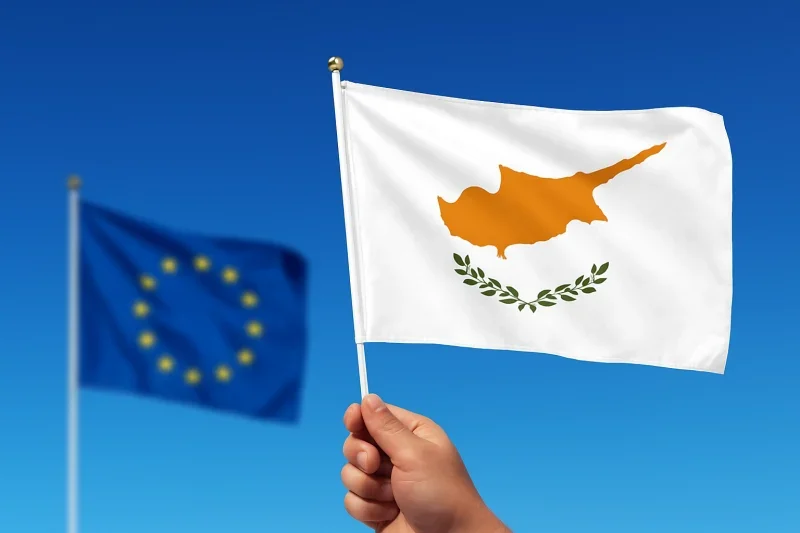Euromed Mirror: Cyprus’ EU Presidency in a Shifting World Order
Amid conflict and fragmentation, Cyprus takes the EU helm to steer crucial financial talks and prove that neutrality can be strength.
Politis, October 2025
Click here for original.
As Cyprus assumes its second Presidency of the European Union, it steps into a role defined by crisis and change. The contrast with its first Presidency (2012) could not be sharper. Then, multilateralism prevailed; collaboration was possible, and conflict manageable. Today, multilateralism is under siege, conflicts dominate, and Europe faces existential challenges: its Union and Security, its Internal and Capital Markets, its Competitiveness, its Freedom and Values.
Every Presidency has one duty: to carry the Union’s business forward. For Cyprus, the central test will be guiding the negotiations on the EU’s Multiannual Financial Framework (MFF). This is an exercise in listening, negotiation, and compromise. More than anything, it will demand that Cyprus acts as an honest broker — a role where smaller member states often succeed more than larger ones.
Three Tests of Success
Like all Presidencies, Cyprus will be judged on three fronts:
Institutional: Can it leave a footprint by steering the MFF to conclusion?
Representational: Can it represent a policy theme, bigger than its national interest that endures? Water, as a scarce resource and driver of conflict and migration –with impact across continents -, could anchor a “Nicosia Declaration on Water.”
Reputational: Can it use neutrality to build a legacy as a convener of peace and compromise?
It is commendable that Cyprus wants to include regional neighbors as observers in EU deliberations. The EuroMediterranean region — 500 million people, 10% of global GDP — is paradoxically the least interconnected in the world. Intra-regional trade is just one quarter of total trade. For a decade, progress has been negligible.
Cyprus, as the EU’s southeastern border, can help change this. By bringing neighbors into the European conversation, it can foster trade, collaboration, and peace. But this must be pursued with neutrality and as part of a long-term strategy and within EU’s governance model— not as a one-off gesture.
The Presidency is about Europe’s collective good, not national gain. Yet Cyprus’ reality cannot be ignored. It remains divided, with EU law barred from 30% of its territory. And, it is Europe’s only isolated island Member State.
This Presidency can remind Cypriots of the benefits of EU membership. It can remind Europeans of the reality that part of EU territory remains occupied by Turkey — an EU trade partner and NATO member. That contradiction must never be normalized, and it must never be replicated elsewhere.
Cyprus should not instrumentalize its occupation and division but deploy it as a precedent and the learnings which point to European security risks, given the current world order, prevailing Russia threats across the EU’s borders and continuing conflict between Israel, Palestine and regional actors.
Cyprus’ Presidency comes at a moment when Europe needs resilience and vision. It is an opportunity for a small state to leave a large footprint. To prove that neutrality can be strength. To show that Cyprus is not an island on the margins, but a player at the heart of Europe’s frontier.
By Cleopatra Kitti, Senior Policy Advisor; Founder of the Mediterranean Growth Initiative. For more, visit ELIAMEP.

